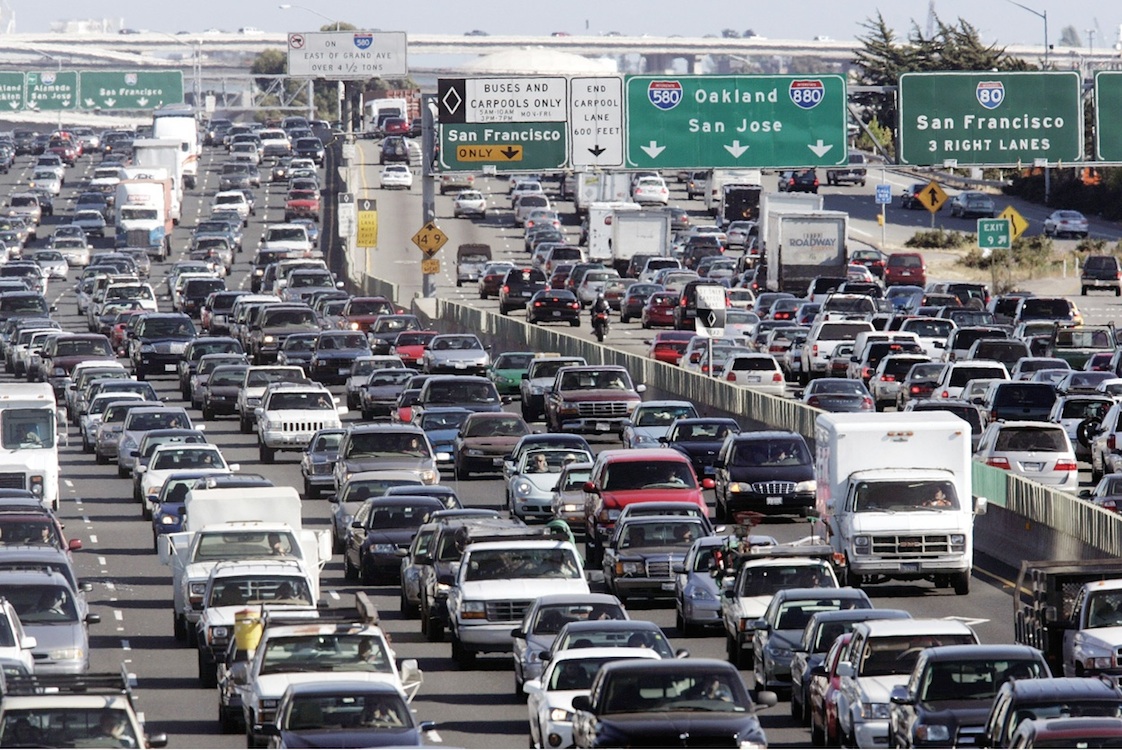Market Data

July 30, 2019
Senate Introduces Bipartisan Transportation Infrastructure Bill
Written by Sandy Williams
A new bipartisan Senate bill on transportation infrastructure is getting the enthusiastic support of industry associations. The America’s Transportation Infrastructure Act of 2019 will authorize $287 billion over five years to improve the nation’s roads and bridges. The legislation includes provisions to improve road safety, accelerate project delivery, improve resiliency to disasters and reduce highway emissions.
The Highway Trust Fund will distribute 90 percent, or $249 billion, of the funding to states and Puerto Rico on a formula-based program. The Senate bill introduced by the Senate Environment and Public Works (EPW) Committee is a 27 percent increase from FAST Act levels and the largest highway bill ever.
“By investing $287 billion in our road systems, this legislation is the most substantial highway bill in history,” said the committee’s chairman, John Barrasso. “Ninety percent of that money would automatically go to states, so every community can have its needs met in red states and blue states alike.”
“The bill cuts Washington red tape, so road construction can get done faster, better, cheaper and smarter. It will help create jobs and support our strong, growing and healthy economy,” said Barrasso.
 The bill also includes a grant program to build infrastructure for alternative fuel cars so that drivers of electric, hydrogen and natural gas powered vehicles will have access to power and fuel stations.
The bill also includes a grant program to build infrastructure for alternative fuel cars so that drivers of electric, hydrogen and natural gas powered vehicles will have access to power and fuel stations.
The Senate Finance Committee will need to find a way to pay for funding authorized in the bill and a House version, not likely to be ready until later in the fall, must be reconciled with the Senate version before it can be passed and implemented.
The American Association of State Highway and Transportation Officials urged the Senate to pass the bill quickly. ““For state DOTs, it is absolutely crucial to get the next federal transportation bill done on time, without resorting to a series of short-term program extensions,” said AASHTO Executive Director Jim Tymon. “When federal funds are predictable and stable, state DOTs are able to fully focus attention on delivering critical projects that improve safety, quality of life and economic opportunities for everyone.”
American Trucking Associations President and CEO Chris Spear thanked the committee for taking the first step towards fixing the nation’s surface transportation system. “The strength of our economy relies on sound roads and bridges, as more than 70 percent of our nation’s goods travel by highway on the back of trucks,” said Spear in a statement. “With the right investment, we can stem America’s deepening infrastructure crisis and instead achieve a 21st century infrastructure worthy of the world’s leading economy.”
Said Thomas Gibson, president and CEO of the American Iron and Steel Institute: “An efficient and robust transportation network is essential to the competitiveness of the domestic steel industry, its customers and suppliers, and American manufacturing as a whole. AISI commends Chairman Barrasso, Ranking Member Carper and members of the EPW committee for their bipartisan efforts in advancing this legislation. We urge the full Senate to take up and pass long-term surface transportation legislation in coming months.”
The Associated General Contractors of America offered their support of the Senate bipartisan legislation and highlighted “thoughtful improvements to surface transportation policy.”
“Among the important policy changes being proposed are measures to speed up federal reviews and permitting for needed new transportation projects,” said AGC CEO Stephen Sandherr. “The proposal also includes needed new workforce development measures that will help attract a new generation of Americans into high-paying construction careers.
“While we continue to evaluate the broader proposal, this measure clearly deserves timely consideration within the Senate. Moreover, it should provoke similar action out of the House. That is why this association supports the measure and will urge both houses of Congress to take advantage of its introduction to make meaningful progress on passing a bipartisan, bi-cameral highway and transit bill as soon as possible.”







